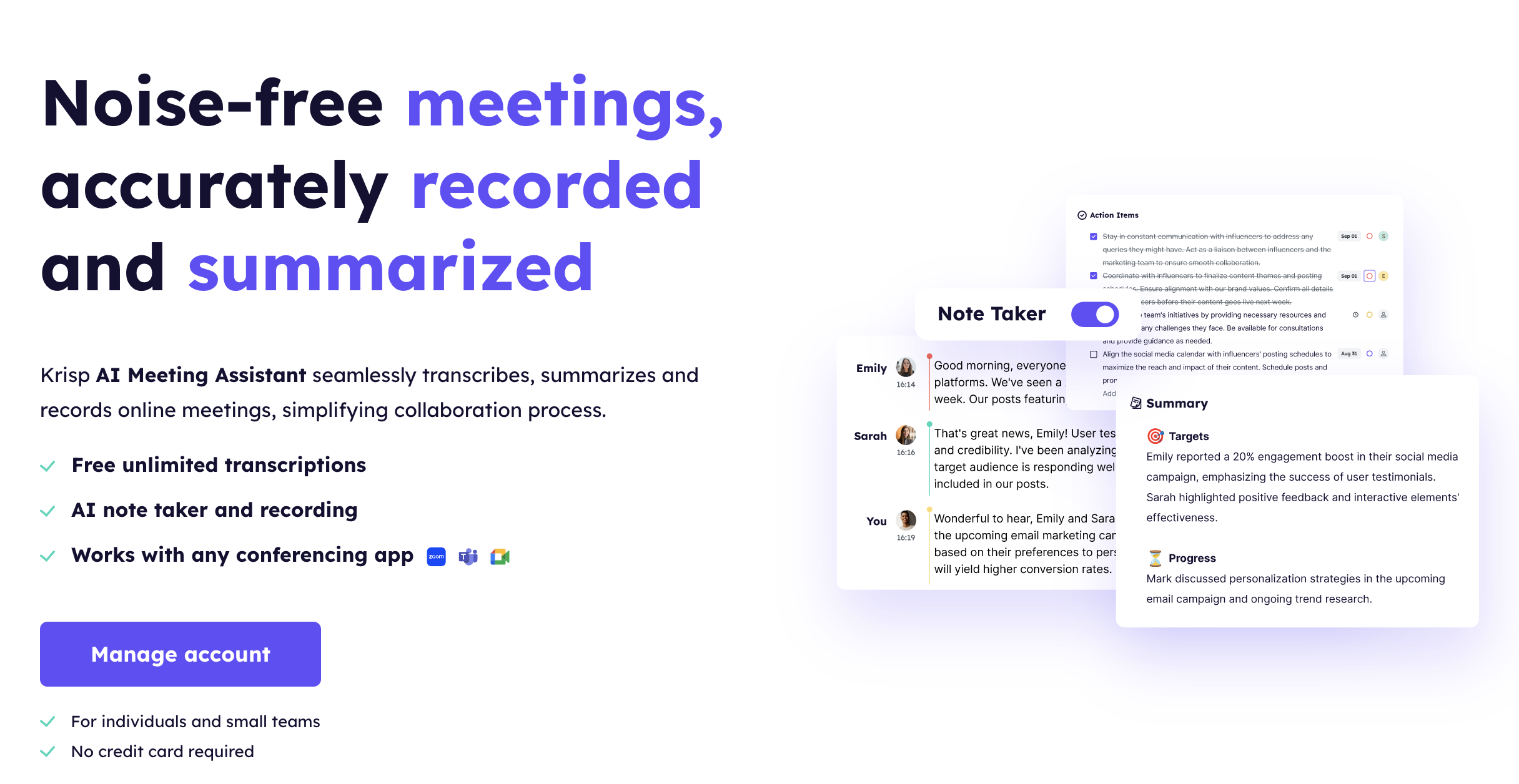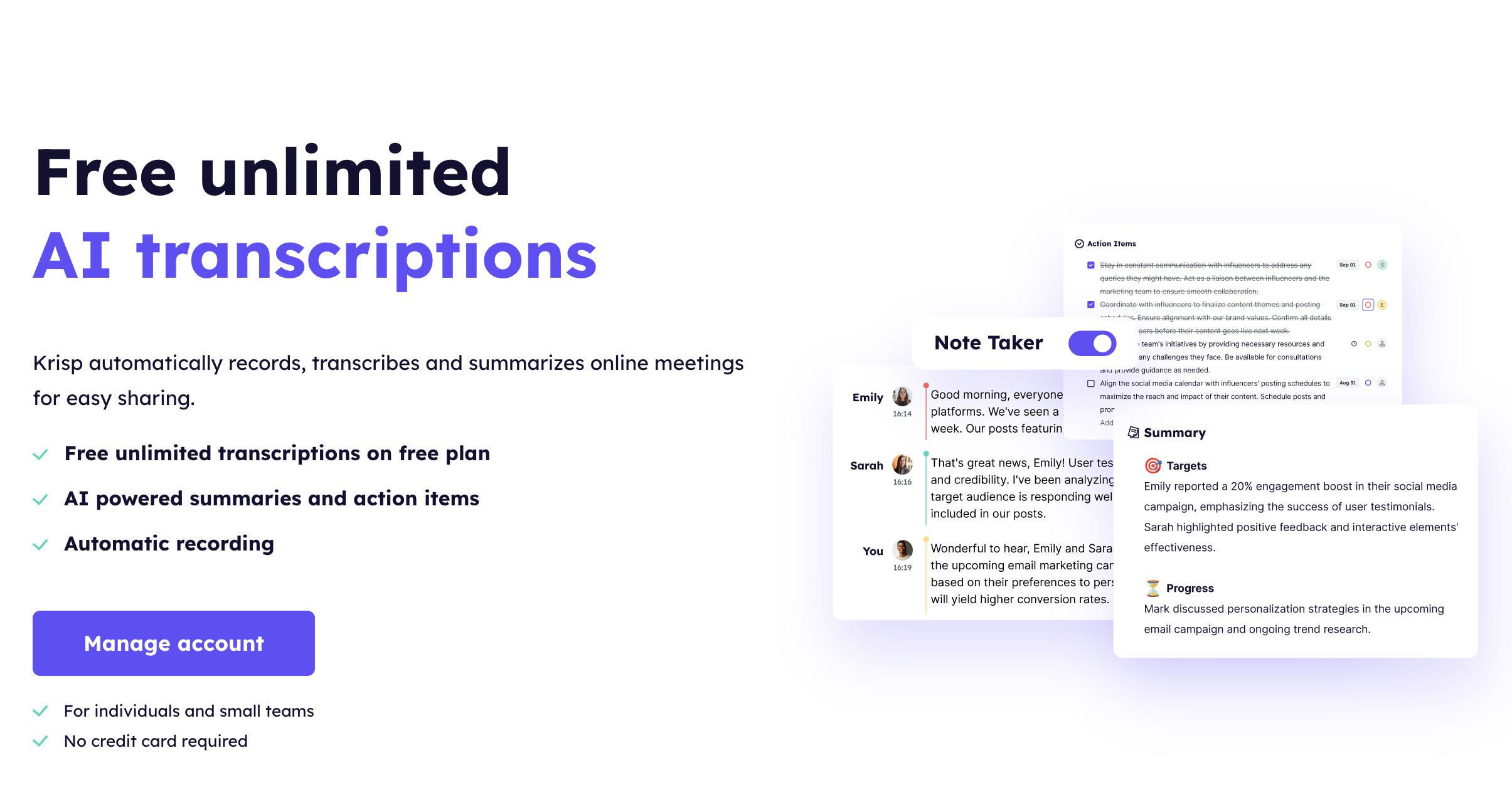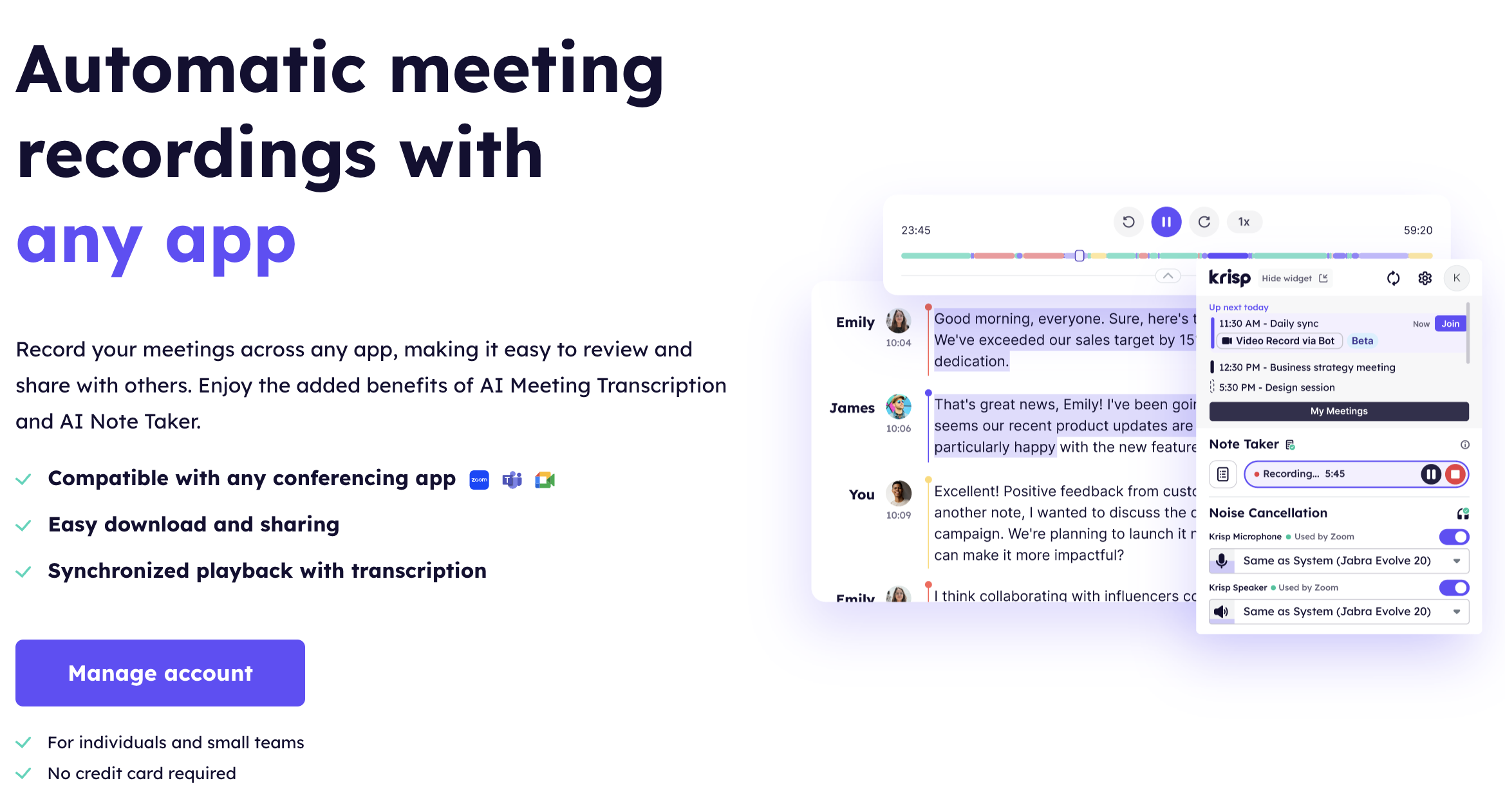Have you ever walked into a performance review wondering what to say? What to say in a performance review as an employee can sometimes feel unclear, but these meetings are a golden opportunity to showcase your achievements, discuss areas for growth, and set clear goals for the future. Knowing how to communicate effectively during these conversations can make all the difference.
As an employee, it’s important to be prepared to highlight your contributions, acknowledge challenges, and show your commitment to personal and professional development. Whether you’re aiming for a promotion, hoping to expand your responsibilities, or just looking to improve, what you say in your performance review matters.
In this article, we’ll guide you through the key points to cover, including how to talk about your accomplishments, address areas for improvement, and ask thoughtful questions that show you’re engaged and ready to grow.
What Is a Performance Review?
A performance review is a one-on-one conversation with your manager to discuss:
- Your achievements – Highlight what you’ve done well.
- Areas for improvement – Identify where you can grow.
- Future goals – Set new objectives and discuss your career path.
- Feedback – Get input from your manager on how you’re doing.
It’s a chance to reflect on your progress, get aligned with your boss, and talk about where you want to go next. The key is to come prepared so the conversation is productive and helps you succeed.
What to Prepare Before Your Performance Review
Getting ready for your performance review doesn’t have to be stressful. Here’s a simple list of what you can prepare to walk into the meeting feeling confident:
- Your accomplishments: Take a moment to reflect on what you’ve achieved since your last review. Did you hit any major goals or complete important projects? Jot down specific examples, and don’t forget to include numbers if you can. This will help back up your points.Keeping track of your accomplishments is easier when you have organized meeting notes.
- Challenges you’ve faced: It’s okay to acknowledge areas where things didn’t go perfectly. Think about any challenges you ran into and how you handled them or are working on improving. This shows your ability to learn and grow.
- How you’ve made an impact: Be ready to explain how your work has benefited the team or company. Did your efforts help streamline processes, save time, or improve results? Pick a few strong examples to share. You can even use meeting transcriptions to recall important contributions you’ve made in team discussions.
- Your career goals: Where do you want to go next? Whether you’re aiming for a promotion, looking to develop new skills, or interested in taking on more responsibility, it’s a great time to bring it up. Have some ideas ready to discuss.
- Questions for your manager: This is a two-way conversation, so don’t hesitate to ask for feedback or advice. You could ask, “How can I keep improving?” or “What opportunities do you see for me in the future?”
What to Say in a Performance Review as an Employee
Walking into a performance review can feel a little nerve-wracking, but it’s really an opportunity for you to showcase your progress, discuss any challenges, and talk about where you want to grow. The key is knowing how to communicate your points in a way that’s clear and constructive. Here’s how you can approach different parts of the conversation.
How to Talk About Your Accomplishments: Step-by-step guide
Talking about your accomplishments can feel like you’re bragging, but it’s important to own your achievements. Here’s how to do it with confidence:
- Step 1: Start with the facts
Begin by stating specific examples of your accomplishments. Use data if possible—numbers, percentages, or tangible outcomes. For example, “I increased team productivity by 15% by streamlining our workflow process.”
Example: “I managed a project that reduced customer support response time by 25%, leading to higher customer satisfaction and faster resolution of issues.”
- Step 2: Explain the impact
Highlight how your work benefited the team or company. Did it save time, improve results, or solve a problem? Be clear about the positive impact you made.
Example: “By redesigning our onboarding process, I helped new hires get up to speed 20% faster, which improved team efficiency and reduced training costs.”
- Step 3: Link it to goals
Connect your accomplishments to broader company or team goals. This shows that your efforts align with the bigger picture. For example, “This directly supported our team’s goal of improving customer satisfaction.”
Example: “This initiative directly supported our goal of improving customer retention by streamlining the product feedback loop and implementing changes based on user input.”
- Step 4: Show enthusiasm
Let your passion for the work shine through. When you’re genuinely proud of what you’ve done, it’s easier to talk about your achievements without feeling awkward.
Example: “I really enjoyed taking the lead on this project because it allowed me to use my problem-solving skills and see the direct impact on our team’s success.”
How to Address Areas for Improvement
It’s never fun to talk about where you’ve fallen short, but acknowledging areas for improvement shows maturity and a willingness to grow. Here’s how to navigate this part of the conversation:
1. Be honest: Don’t shy away from mentioning areas where you struggled. It could be something like time management or communication. Be upfront but avoid being too hard on yourself.
Example: “I’ve noticed that I sometimes take on too many tasks at once, which has impacted my ability to meet deadlines. I’m working on prioritizing my workload better and improving time management skills”
2.Focus on solutions: Shift the conversation to how you’re working to improve. Maybe you’ve started using better tools or new strategies. For example, “I’ve been working on improving my communication skills by participating more actively in team meetings.”
Example: “To improve my time management, I’ve started using a project management tool to organize my tasks and deadlines. It’s already helped me stay more focused and on track.”
3. Ask for feedback: Use this as a chance to ask your manager for advice. You could say something like, “What would you recommend I do to keep improving in this area?” This shows that you’re open to constructive criticism and eager to grow.
Example: “I’d love to get your input on how I can continue improving my communication skills, especially when working on cross-functional teams. Are there any specific techniques you recommend?”
Questions to Ask During Your Performance Review
Remember, a performance review is a two-way conversation. Here are some questions you can ask to get valuable feedback and open up the discussion:
- How can I continue to improve in my role? – This shows that you’re committed to growth and eager to do your best.
- What skills should I focus on developing? – This will give you a clear sense of what areas to work on for future success.
- How do you see my role evolving in the next year? – This helps you understand what opportunities might be available and what your future at the company looks like.
- Are there any upcoming projects or responsibilities I could take on? – This demonstrates your willingness to contribute even more to the team.
How to Set Goals and Discuss Career Development
When it comes to career development, your performance review is the perfect time to talk about where you want to go and how you can get there. It’s all about being clear with your manager about your ambitions and figuring out what steps you need to take. Here’s how you can approach it:
Know what you want
Before the review, spend some time thinking about where you see yourself in the next six months or year. Do you want to learn a new skill, take on more responsibility, or aim for a promotion? Have a few concrete goals ready.
Example: “I’ve been really interested in getting more involved in client-facing projects, and I’d like to work on developing those skills.”
Connect your goals to the team’s needs
Show how your personal growth can also help the company or team. This way, your manager can see the mutual benefit of supporting your development.
Example: “As we continue to grow the sales team, I think improving my leadership skills could help me take on more responsibilities in managing new hires.”
Ask for feedback and guidance
Don’t be afraid to ask your manager for input on how to reach your goals. They might have suggestions you haven’t thought of or can provide insight into what’s needed for your next step.
Example: “I’d love to hear your thoughts on what I can focus on to prepare for a more senior role in the future.”
Discuss support or resources
If there’s training, mentorship, or resources you need to reach your goals, now’s the time to ask. It shows you’re serious about your development.
Example: “I think taking a course on data analysis would really help me contribute more to our team’s strategy. Do you think that’s something we could explore?”
Be enthusiastic
Your energy about your career growth will be contagious. If you’re excited about your future with the company, let it show!
Example: “I’m really excited about the direction we’re heading, and I’d love to be a bigger part of that by growing my skills and taking on more challenges.”
How to Use Krisp AI Assistant to Prepare for Performance Reviews
Preparing for a performance review can feel overwhelming, but using tools like the Krisp AI Assistant can help make it a lot easier. Here’s how you can use it to stay organized and ready for the big day:
Capture important notes
Throughout the year, you’re likely attending plenty of meetings where you contribute or receive valuable feedback. Use Krisp’s AI-powered meeting transcription to automatically capture and organize these notes. When it’s time for your performance review, you’ll have a record of all the important details you might want to reference.
Tip: After each meeting, review the key points and flag anything that highlights your accomplishments or areas for growth.
Track your progress
Performance reviews are all about showing what you’ve achieved. With Krisp’s meeting notes and summaries, you can easily track your progress on different projects. This makes it simple to pull up specific examples of where you’ve made an impact.

Organize feedback from your manager
If you’ve received feedback during the year, whether in a formal setting or casually during a meeting, use Krisp to transcribe those conversations. This will give you a clear record of what you’ve been asked to improve on, so you can show how you’ve worked on those areas.

Tip: Look back at the feedback you’ve gathered to see how you’ve addressed it. This will help you show growth during your review.
Prepare thoughtful questions
Krisp can help you revisit past conversations to form relevant and insightful questions for your performance review. Review any previous discussions with your manager or team leaders to ensure you’re asking about the right areas of growth or future opportunities.

Tip: Use Krisp’s searchable transcription and meeting recordings to easily find conversations where key topics like career development or skills improvement were discussed.
FAQs


